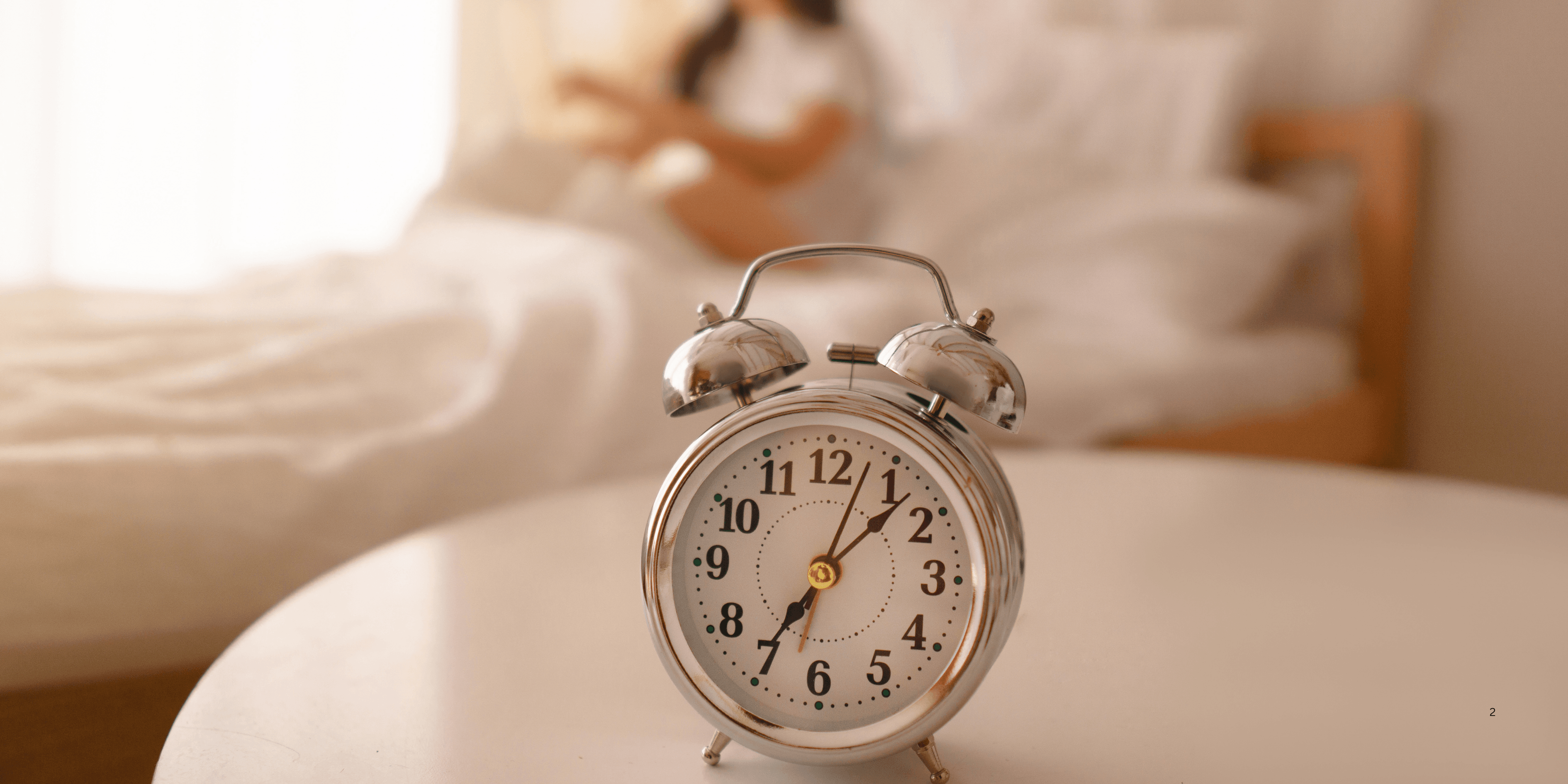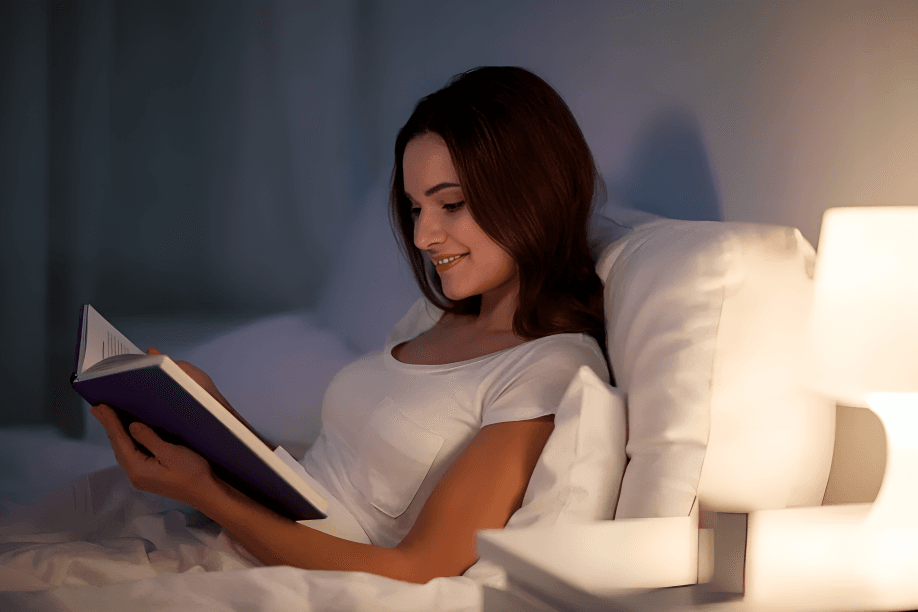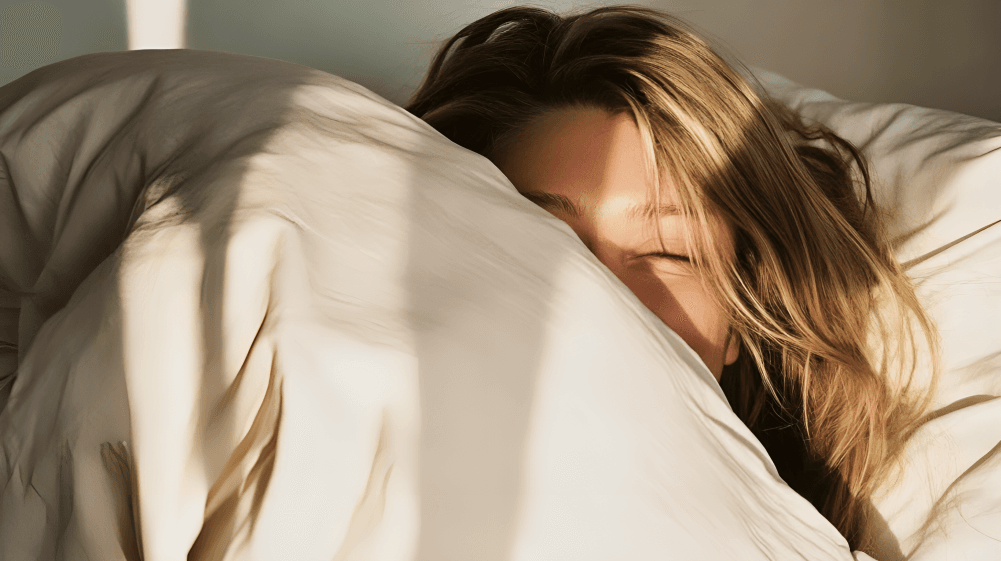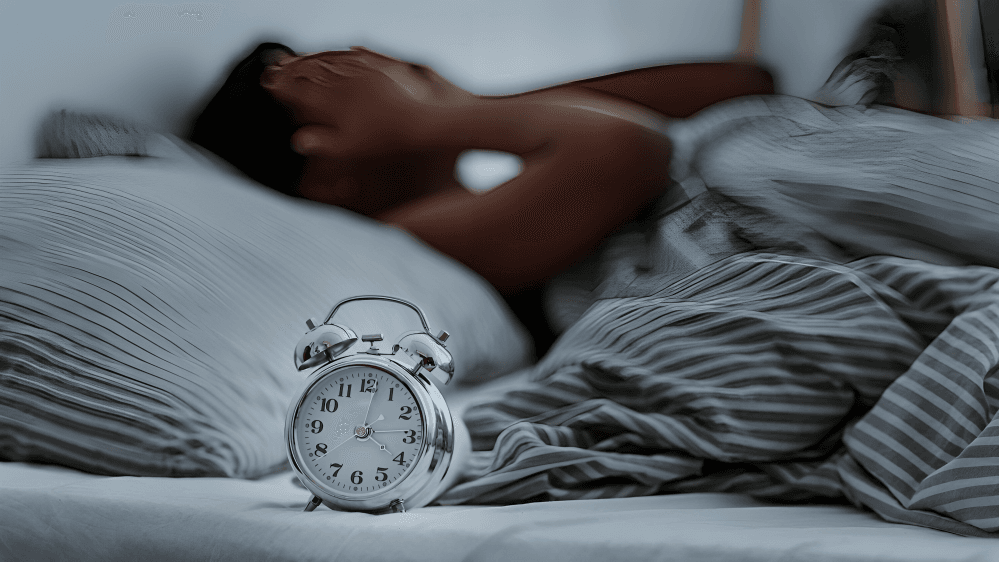
“
Creating a healthy sleep routine is essential for improving your overall health and well-being. It’s about more than just sleep—it’s about consistency, relaxation, and habits that promote deep, restorative rest. Start creating a healthy sleep routine tonight!1
1
”
Ancient physician Hippocrates emphasized the importance of sleep, noting it was just as vital as diet or exercise for health. Modern science agrees—good sleep repairs the body and enhances brain function. 1
Keeping a fixed bedtime and wake-up schedule every day, including weekends, helps regulate your biological clock, making it easier to fall asleep and wake up naturally without needing an alarm. 2

Establishing a calming nighttime routine—like reading, stretching, or warm tea—sends signals to your brain that it’s time to relax, gradually transitioning your body into a restful state for better sleep.
Avoid blue light from phones, tablets, or TVs for at least an hour before bed, as this light delays melatonin production, confusing your brain into thinking it’s still daytime. 3
Make your bedroom a sleep-friendly space: keep it quiet, cool, and dark. These environmental cues promote deep sleep by mimicking nighttime and minimizing distractions that can disrupt your rest. 4
If you can’t fall asleep after 20–30 minutes, don’t stay in bed tossing and turning. Get up, do something quiet in dim light, and return when sleepy to avoid negative associations. 5
Avoid caffeine or nicotine late in the day; both are stimulants that can remain in your system for hours, making it harder to fall asleep and reducing your overall sleep quality. 6
Exercise during the day can help you sleep better at night. However, intense workouts close to bedtime might increase adrenaline, making it harder to fall asleep despite physical fatigue. 7
Short naps of 20–30 minutes in the early afternoon can boost alertness without interfering with nighttime sleep, while longer or late-day naps might make it harder to fall asleep later. 8

Natural sunlight exposure during the day reinforces your circadian rhythm, helping you stay alert during daylight and sleepy at night, especially if you spend much of your day indoors.
Remove distractions like TVs, laptops, and work materials from your bedroom. These items interfere with relaxation and stimulate your brain, preventing the deep mental and physical rest your body needs. 9
Practicing deep breathing, meditation, or progressive muscle relaxation before bed helps reduce stress hormones like cortisol and eases your body into a more relaxed, sleep-ready state. 10
Set your bedroom temperature between 60–67°F (15–19°C), which research shows is optimal for quality sleep, as cooler environments support the body’s natural drop in core temperature needed for rest. 11
Dim household lighting in the evening to simulate sunset. Reduced light exposure encourages melatonin production, sending your brain the message that it’s time to start unwinding for the night. 12
If you wake during the night, avoid checking the time. Watching the clock can increase anxiety, making it harder to fall back asleep and potentially shortening your total sleep duration. 13

Wake up at the same time daily—even after a poor night’s sleep. This helps reinforce your internal sleep-wake cycle and can make future nights easier and more restful.
To prevent waking during the night, reduce fluid intake in the hours leading up to bedtime, but still stay well-hydrated during the day for optimal physical and cognitive functioning. 14
If you snore heavily, gasp during sleep, or feel overly tired during the day, consult a doctor—these may be signs of sleep apnea or another treatable sleep disorder. 15
Use natural scents like lavender or chamomile through essential oils or pillow sprays. These aromas have been shown to help calm the nervous system and promote faster sleep onset. 16
Philosopher Aristotle believed sleep was a natural restoration of the soul. Today, doctors agree: consistent, quality sleep improves mental clarity, emotional balance, and even reduces the risk of chronic diseases. 17


